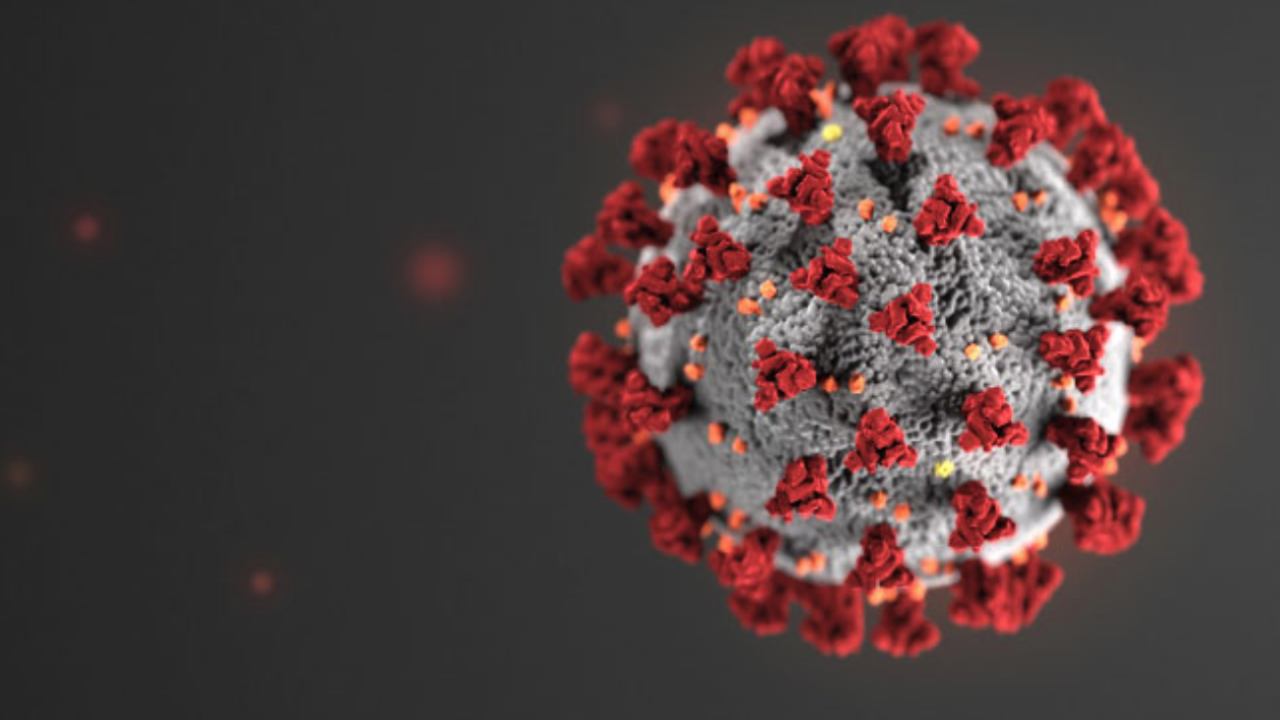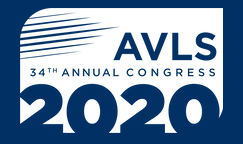By Cara Anthony and Liz Szabo
As the number of COVID-19 cases continues to rise, a group of anesthesiologists wants to convert America’s surgery centers into critical care units for infected patients.
Many of the country’s more than 5,000 outpatient surgery centers have closed or sharply cut back on the number of elective procedures they perform, to comply with requests from government agencies and professional societies. But those surgery centers have space and staff, as well as anesthesia machines that could be repurposed into ventilators — all of which could be especially crucial in hard-hit areas like New York.
“Half of the surgery centers in New York are not doing anything,” said Adam Schlifke, an anesthesiologist and clinical assistant professor at Stanford University in California, who is leading the push for the centers to help. “All these anesthesiologists and nurses who are sitting on the sidelines, they want to help. They don’t know how to help. There’s nowhere for them to help. What if they could work in the surgery centers?”
Opening such outpatient centers nationwide to coronavirus patients would nearly double the number of facilities nationwide, up from the country’s fewer than 6,200 hospitals. But turning day facilities into places for 24/7 care worries some anesthesiologists. There are questions about staffing, regulations and payment. They also fear that using surgery centers as critical care units would do more harm than good if the centers aren’t properly equipped to handle severe cases of COVID-19.

“Even if we lifted the regulatory restrictions, surgery centers are licensed to do a certain thing,” said Dr. Steven Dalbec, a private practice anesthesiologist in Columbia, Missouri, who once ran a surgery center in Arizona. “If we could say, ‘OK, we’re going to lift all those restrictions and let you take care of critically ill patients,’ it’s not something that could happen overnight.”
Still, that’s exactly why Dr. Schlifke argues that it’s important to start now, especially in parts of the country with fewer cases. His group has created a blueprint that outlines the steps needed for surgery centers to convert.
In the coming days, Dr. Schlifke said, he and the approximately 75 members of the CovidVent coalition of anesthesiologists he’s helping organize will call for a federal executive order to enable the conversion of surgery centers and hospital operating rooms into COVID-19 care sites to help save lives.
The order is needed, he said, because he recognizes that providers want to get paid. The idea is so new, he said, there’s no reimbursement plan in place for surgery centers that agree to treat COVID-19 patients.
What’s most troubling, Dr. Schlifke said, is the number of anesthesiologists who cannot help with the pandemic because their center is either closed or they are busy with elective surgeries that aren’t necessary. It’s a frustrating dilemma.
“They want to work,” Dr. Schlifke said.
The CovidVent group also wants to make sure surgery centers follow Centers for Medicare & Medicaid Services recommendations that call for them to end nonessential elective surgeries to keep front-line medical providers safe amid shortages of protective supplies such as masks. Many of those surgery centers are in states like New York, California and Washington where hospitals can’t keep up with the demand.
“An important question for hospitals and health systems that continue to perform elective and nonessential surgeries is, ‘Why?’” said Dr. Greg Martin, president-elect of the Society of Critical Care Medicine, which represents intensive care doctors.
“How do they justify the risk to the otherwise healthy individuals, justify the risk to the health care provider workforce who may be imminently needed elsewhere, and justify the unnecessary consumption of health care resources such as masks, gloves and gowns?”
But William Prentice, CEO of the Ambulatory Surgery Center Association, an industry group, argued that some surgeries remain necessary. “We’re pushing things off that can be pushed off,” he said.
Meanwhile, in Washington, D.C., Vice President Mike Pence has already come out in support of the use of anesthesiology equipment as ventilators.
Anesthesia machines used in the operating room can be repurposed as mechanical ventilators, Martin said. “But they function differently and do not have all the same settings as ICU ventilators, so employing them in COVID-19 care requires education or oversight from those who are expert in using them.”
Dr. Dalbec also supports converting anesthesia machines into ventilators. He now works at Boone Hospital Center in Columbia, Missouri, which he said is prepared to do that if needed. As of March 27, he said, the 230-bed hospital hasn’t treated a confirmed COVID-19 patient.
But creating new intensive care units is challenging, according to both Drs. Dalbec and Martin.
Dr. Dalbec, who ran a surgery center in Tucson, Arizona, for 10 years, worries a lot of surgery centers don’t have the training, skills or supplies to care for critically ill patients.
“Time is of the essence,” he said. “And so that would make the care for these patients considerably challenging.”
An ICU has sophisticated equipment, such as bedside machines to monitor a patient’s heart rate and mechanical ventilators to help them breathe, Martin said. Ventilators need to be hooked up to oxygen and gas lines, which supply patients with the appropriate mix of air.
Only a few areas of the hospital have the equipment and gas hookups to provide ventilator care to critically ill patients, Dr. Martin said. These include the operating room, emergency department and units used for post-anesthesia care. To convert an ordinary hospital unit to an ICU, he said, “You would literally need to tear down the wall and run the piping in.”
Hospitals are already looking to use operating rooms for intensive care, Dr. Martin said.
“Using OR space, equipment and staff to care for sick COVID-19 patients is the right thing to do,” Dr. Martin said. “This is one approach that most health systems are already considering and using.”
Many outpatient operating rooms at surgery centers already have the required gas and oxygen hookups, Dr. Martin said. “Some will have fully configured operating rooms with ventilators,” he said. “It would be one way to expand ICU-level patient care space.”
But they are unlikely to stock all the medications used in an ICU.
Another challenge, he said, would be that staff from most surgery centers may be pulled into hospitals — anesthesiologists, nurses and nurse anesthetists — and surgery centers would not have all the pharmacists, respiratory therapists and other staff.
Intensive care units are staffed by specially trained doctors, nurses and respiratory therapists, who set up ventilators and closely monitor patients’ breathing, Dr. Martin said. “The hardest thing to change is the staffing,” he said. “We only have a certain number of doctors, nurses and respiratory therapists.”
CovidVent is working with several telemedicine groups that could help treat patients in areas where the staff lacks the expertise, Dr. Schlifke said.
Outpatient surgery centers would need to receive a waiver from federal regulators to keep patients overnight or perform medical care they don’t currently perform, Prentice said.
Prentice said he’s optimistic that the Centers for Medicare & Medicaid Services will make an announcement about such waivers in coming days.
“Once we get that flexibility, we can find the best way to help,” Dr. Prentice said. “Decisions about how to best to use ambulatory surgery centers need to be made in conjunction with hospitals at the local level.” VTN

Cara Anthony, midwest correspondent, comes to Kaiser Health News after serving as a multimedia reporter at the Belleville News-Democrat. A native of East St. Louis, Ill., she previously worked at The Indianapolis Star, The Frederick (Maryland) News-Post and the Daily Press (Newport News, Virginia). Cara co-moderated USA Today Network events during the 2016 election, and her six-part Belleville News-Democrat series titled “Then I Knew” about racism in America was nominated in 2018 for an Emmy. She is a graduate of Tennessee State University. She can be contacted at canthony@kff.org.

Liz Szabo, senior correspondent for Kaiser Health News, is an enterprise reporter focusing on acute care and end-of-life issues. She has an extensive background in medical reporting, including 12 years as a health writer at USA TODAY, where she led a yearlong series on the neglect of people with mental illness. Her work for USA TODAY won the prestigious Victor Cohn Prize for Excellence in Medical Science Reporting. Her investigation of dangerous doctors, written while working at The Virginian-Pilot in Norfolk, Virinia, in 2002, won two National Press Club awards and led Virginia lawmakers to toughen state laws for disciplining physicians. She can be contacted at https://californiahealthline.org/news/author/liz-szabo/\




